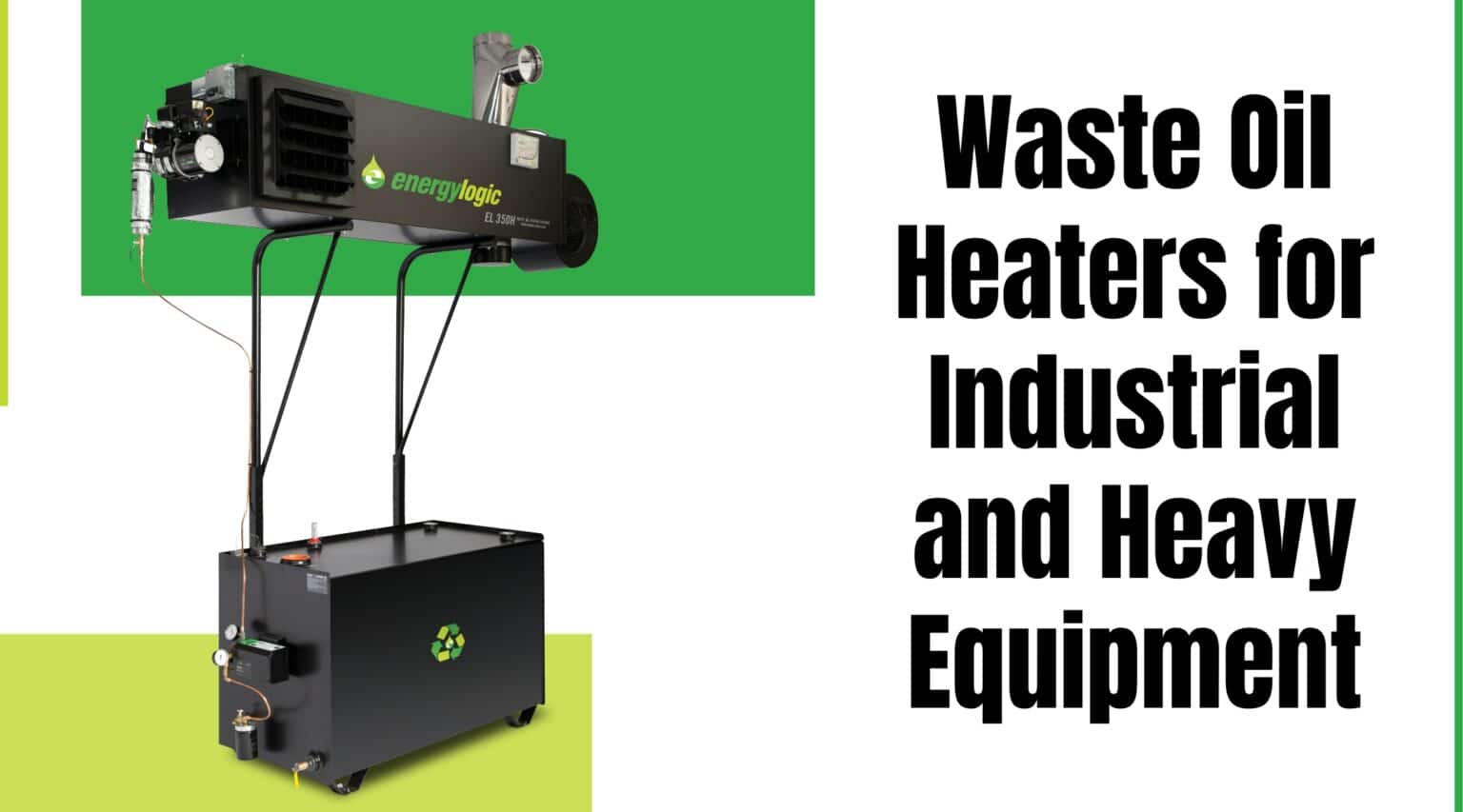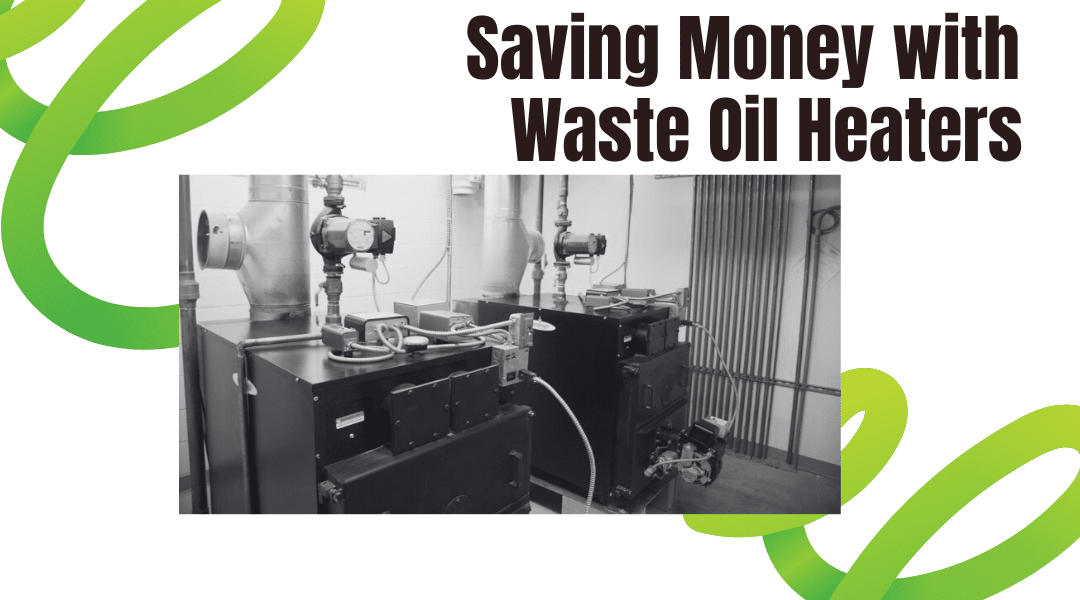In general, federal rules govern the handling of used oil from state to state. However, individual states often incorporate their own stipulations within their legal frameworks. In Louisiana, used oil laws require individuals and businesses to recycle waste oil to avoid penalties. The state offers some support for used oil programs at the local government level. Here’s what you should know about Louisiana’s current waste oil laws and incentives.

Why Recycle Waste Oil in Louisiana
There are nearly four million registered vehicles in Louisiana. Each of those produces an average of 2.5 gallons of used oil every year, and every gallon contains toxic chemicals and heavy metals that are slow to degrade. When residents and businesses fail to properly dispose of their waste oil,, the environment and the people who live there suffer. For example, just one gallon of used motor oil dumped into the environment can contaminate one million gallons of drinking water – a year’s supply for 50 people.

Recycling used oil helps the environment, saves energy, and protects the drinking water. For instance, used motor oil can be re-refined into new oil, processed into fuel oils, and used as raw materials for the petroleum industry. Louisiana helps residents and businesses with used oil recycling. To begin with, the Louisiana Department of Environmental Quality provides online resources detailing the appropriate disposal and recycling practices for motor waste oil. Additionally, through state incentive programs, Louisiana maintains more than 200 oil drop off centers at private businesses and in local governments. These drop off centers give DIYers an appropriate way to dispose of waste oil and provide businesses with access to valuable resources for recycling or energy recovery.
Louisiana’s Waste Oil Laws
Louisiana’s complete regulations on used oil collection, recycling, reuse, and disposal can be found under its current waste oil management laws (RS 30:2417). However, there are some key components of Louisiana’s waste oil laws.
- Disposal: The state does not allow residents to dispose of oil in any way other than delivering it to a registered collection center.
- Burning: Residents can, however, burn any used oil they produce themselves as long as they follow state laws. For example, an individual or business could store waste oil from oil changes and use it in a high-efficiency heating system designed to minimize pollution and maximize energy savings.
- Collection: The state does provide a used oil program designed to encourage waste oil collection and recycling at the local government level.

Louisiana’s waste oil regulations and programs are not as robust as some. However, the state does use its laws to encourage sustainable recycling and disposal activities. Residents who do not adhere to state and federal laws regarding waste oil handling may face penalties, including fines.
How Businesses Can Maximize Waste Oil Management in Louisiana
Businesses must get more creative to manage their waste oil management programs cost-effectively. Since the state has no existing environmental or waste oil funding incentives available to businesses, automotive centers and garages can invest in a recycling service. Alternatively, they can invest in onsite energy recovery solutions.

Waste oil heating and cooling systems allow businesses to burn off waste oil while saving money on monthly energy bills. Louisiana has general recycling equipment tax incentives, but most hazardous waste equipment doesn’t fall into incentivized investments. The good news is that the energy savings from reusing waste oil onsite often pays for itself over a few years. For businesses that already pay for transference and recycling services, a waste oil heating and cooling system may be a better alternative – especially when the heat index rises.
Sources:
https://www.fhwa.dot.gov/policyinformation/statistics/2019/mv1.cfm
https://archive.epa.gov/wastes/conserve/materials/usedoil/web/pdf/en-dumpbr.pdf




